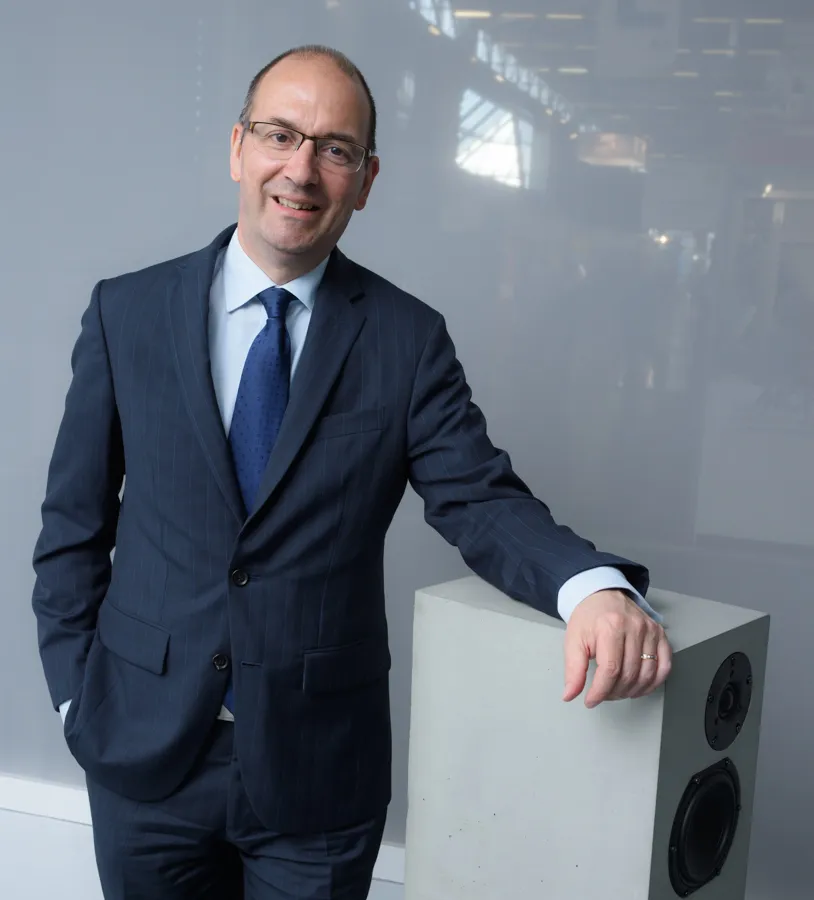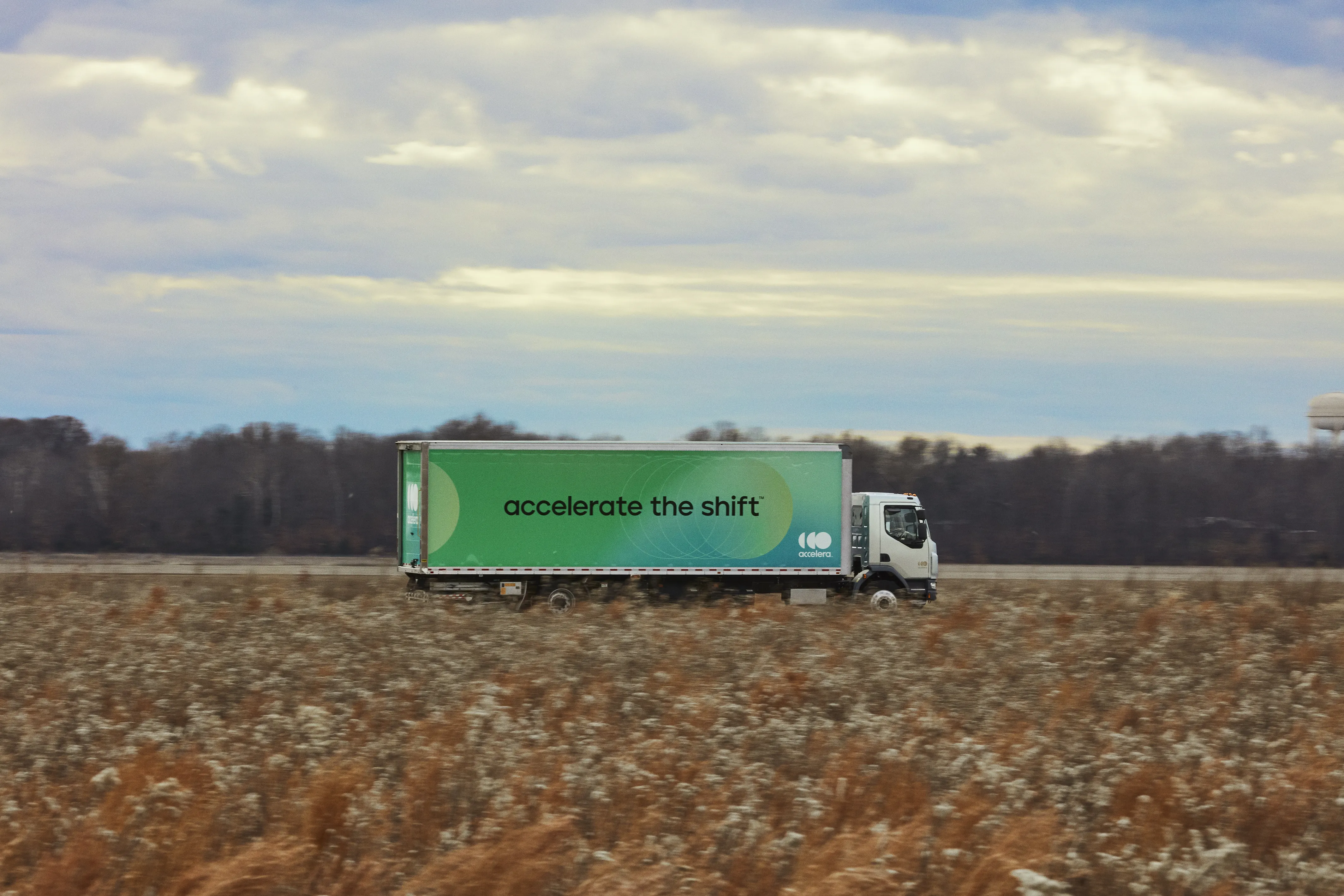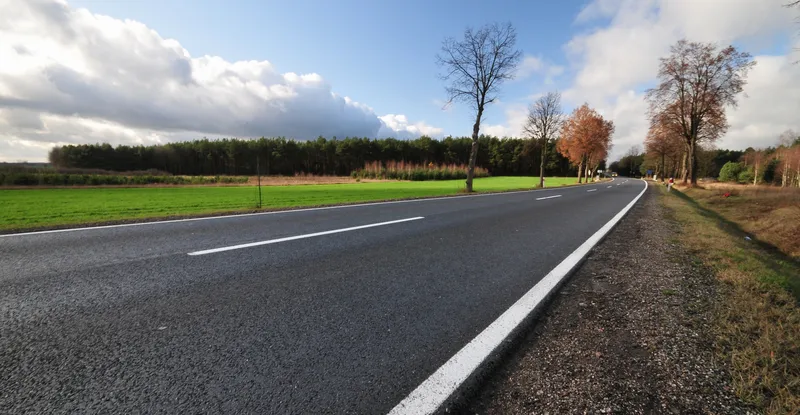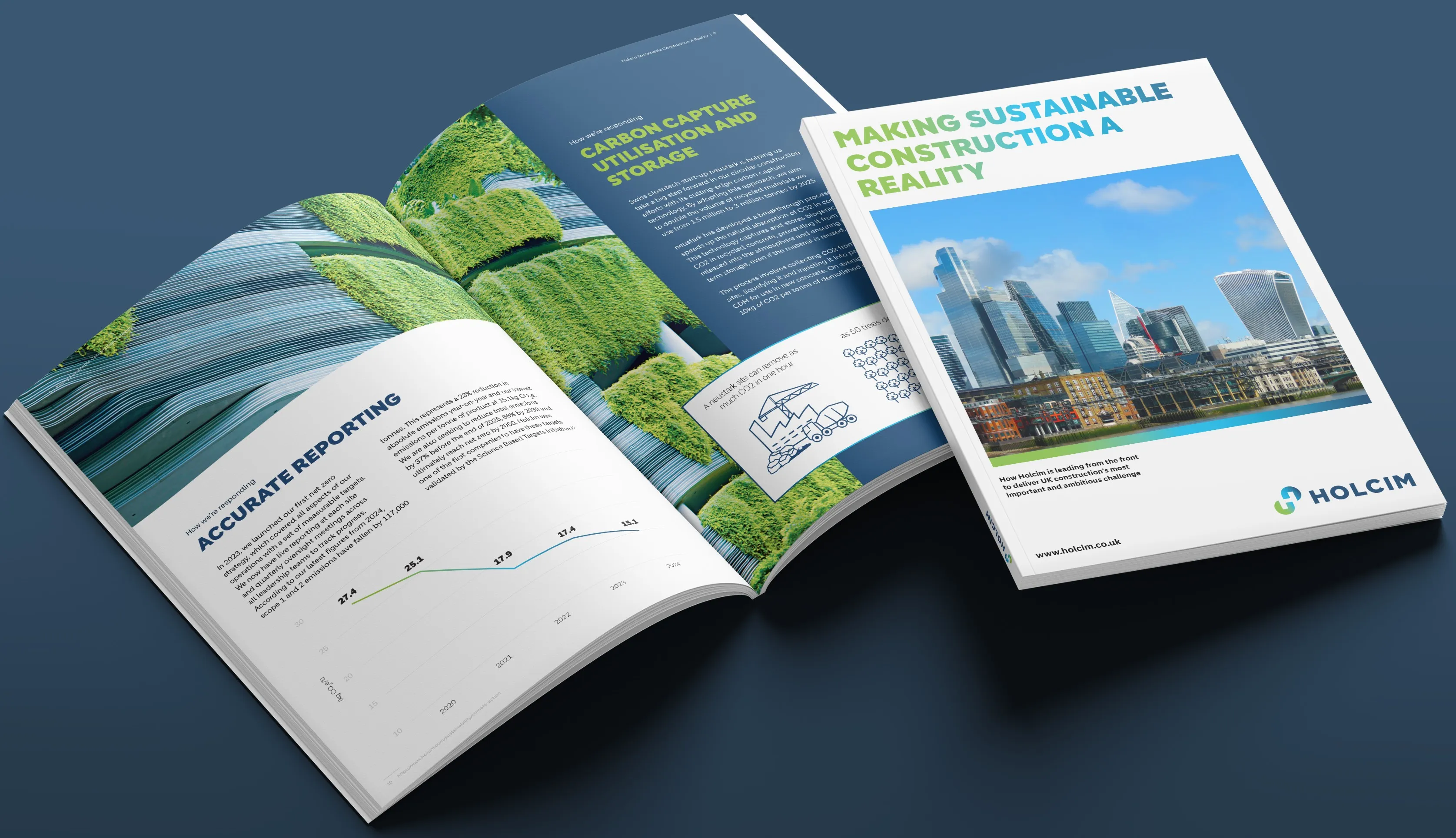
Cement makes up just 10-15% of concrete, but is the most energy-intensive ingredient – although the carbon footprint of the other elements should not be overlooked. Also, the post production carbon impacts of concrete must be considered, said Coppenholle, speaking at an Intermat forum on concrete and the challenge of low carbon construction.
The carbon impact of concrete is a global issue, he went on. The world produces 4.6 billion tonnes of concrete per year, with China responsible for over 50% and Europe just 3.6%.
Addressing the carbon impact begins with reducing emissions in cement manufacturing, for example by increasing renewable energy use. Cembureau is also looking at carbon capture in the manufacturing process, with two pilot plants now in operation.
At the moment, only 25-30% of concrete waste is recycled in Europe. The continent has a target of increasing that to 70%, but this will require a ban on recyclable waste going to landfill, which national governments will have to implement. Other strategies to reduce the carbon impact of concrete include reducing or replacing cement with other ingredients such as polymers.









